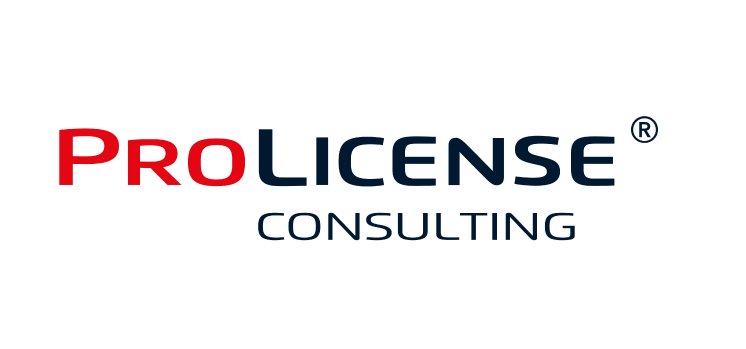The TOP 5 are:
1. Oracle sales is at risk of underachieving their quota.
As in all software companies, sales quotas are imposed on the sales force. The respective calculation basis and the compensation system can be arbitrarily complex. If the specified quota is not reached, it is from the point of view of the sales department a tried and tested means to propose a customer for an Oracle license audit. They call it a "shake-up". The customer has to be awakened so that he or she will eventually buy something.
2. You ask Oracle for help in reducing costs
It happens again and again that customers turn to Oracle with this request. Maybe you are no longer using certain products, or the cost pressure in the company is generally high. However, a reduction in support costs is very unpleasant for Oracle. The support margins are regularly over 90% - they don't want to miss this. Customers should be aware that the department that provides help with complex Oracle licensing is also the department that performs Oracle audits - Oracle License Management Services (LMS).
3. You are a big Oracle customer
As a rule, customers think that they enjoy some kind of immunity if they are a large Oracle customer and regularly buy a lot of Oracle licenses or have a high maintenance flow. Let me tell you from experience: This is not the case. The more Oracle products you use - be it hardware and/or software - the likelier it is for you to become the target of an Oracle audit. The more complicated your IT-environment and license estate appears to be, the more likely you are expected to make mistakes with Oracle licensing. A single instance in a virtualized environment running a non-licensed product can cost you millions of dollars – and may it only be the diagnostic pack.
4. Replace the hardware
Everyone knows that Oracle licensing also depends on the environment on which it is run. However, it can be seen again and again in the market that especially in the course of hardware alterations the minimum requirements of licensing, core factor tables or other important license rules are not observed correctly. If you then virtualize, the chaos is perfect.
5. You have no idea what you are using from Oracle
There are two uncertainties here. On the one hand, there is often a lack of transparency as to which database options and packs are being used – may it be intentional or unintentional. The other uncertainty is that you may, as most customers do, loose track on how many Oracle products your are actually running. Siebel, JD Edwards, PeopleSoft, Taleo, Hyperion, Eloqua.... Everything under control? Particularly in large companies, the Group is not aware that some parts of the organisation may be using some of these products. In M&A transactions, these problems occur regularly when the acquired business is integrated into the virtualized environment, forgetting that the HR department may be using software that is better not to be used in a virtualized environment.
ProLicense is specialized in independent Oracle licensing consulting, especially in Oracle license audit situations, and has developed the ProView-service to protect customers from horrendous follow-up payments during Oracle audits (Oracle license reviews). ProLicense's experienced consultants use Oracle verified tools to determine the extent of licensable deployment at the customer's site. The results obtained are then checked, as Oracle Server Worksheets created by a tool may still contain errors that have to be corrected manually by a human (believe it or not!), who knows what he/she is doing.
ProLicense clients reach a high level of transparency, which makes it possible to detect and eliminate all sources of non-compliance. This process takes only a few days with ProLicense's specialized consultants.
Here you can find out more about this service:
http://proview.prolicense.com/en/proview/


